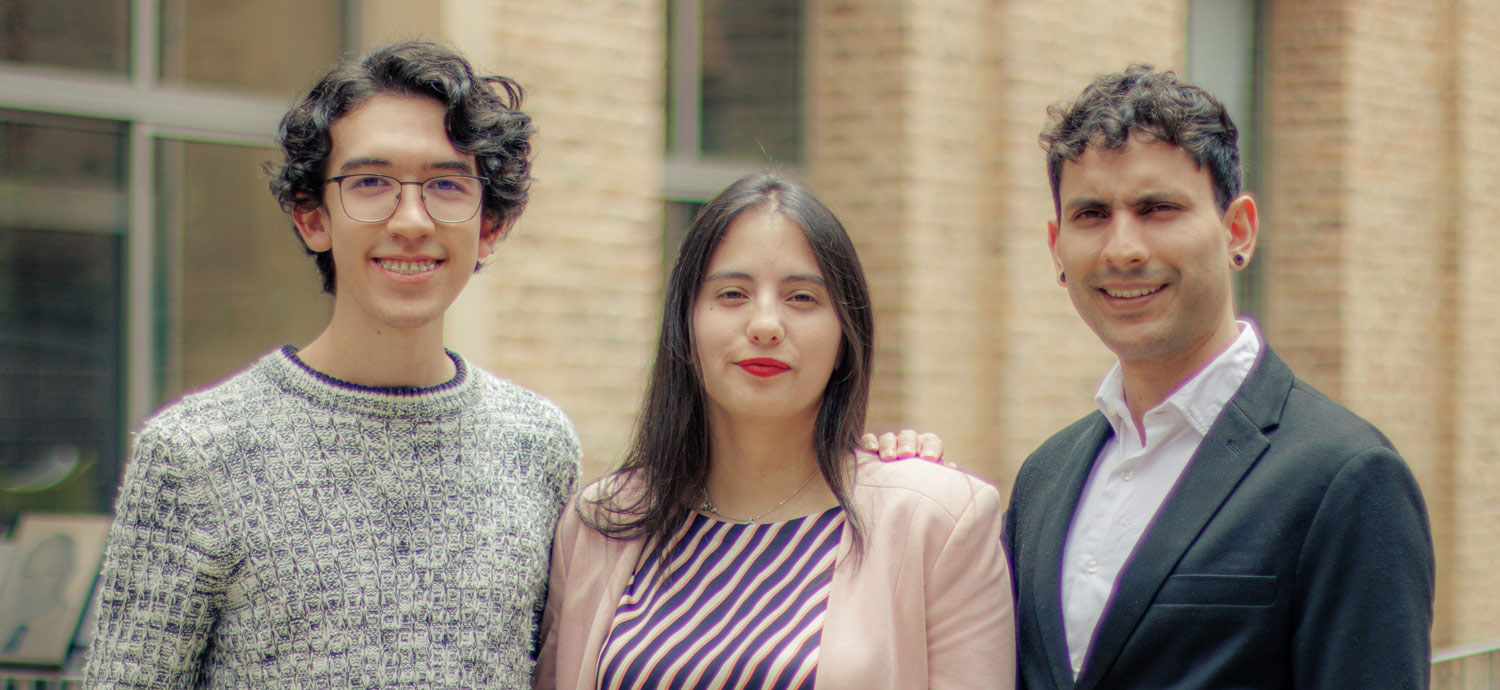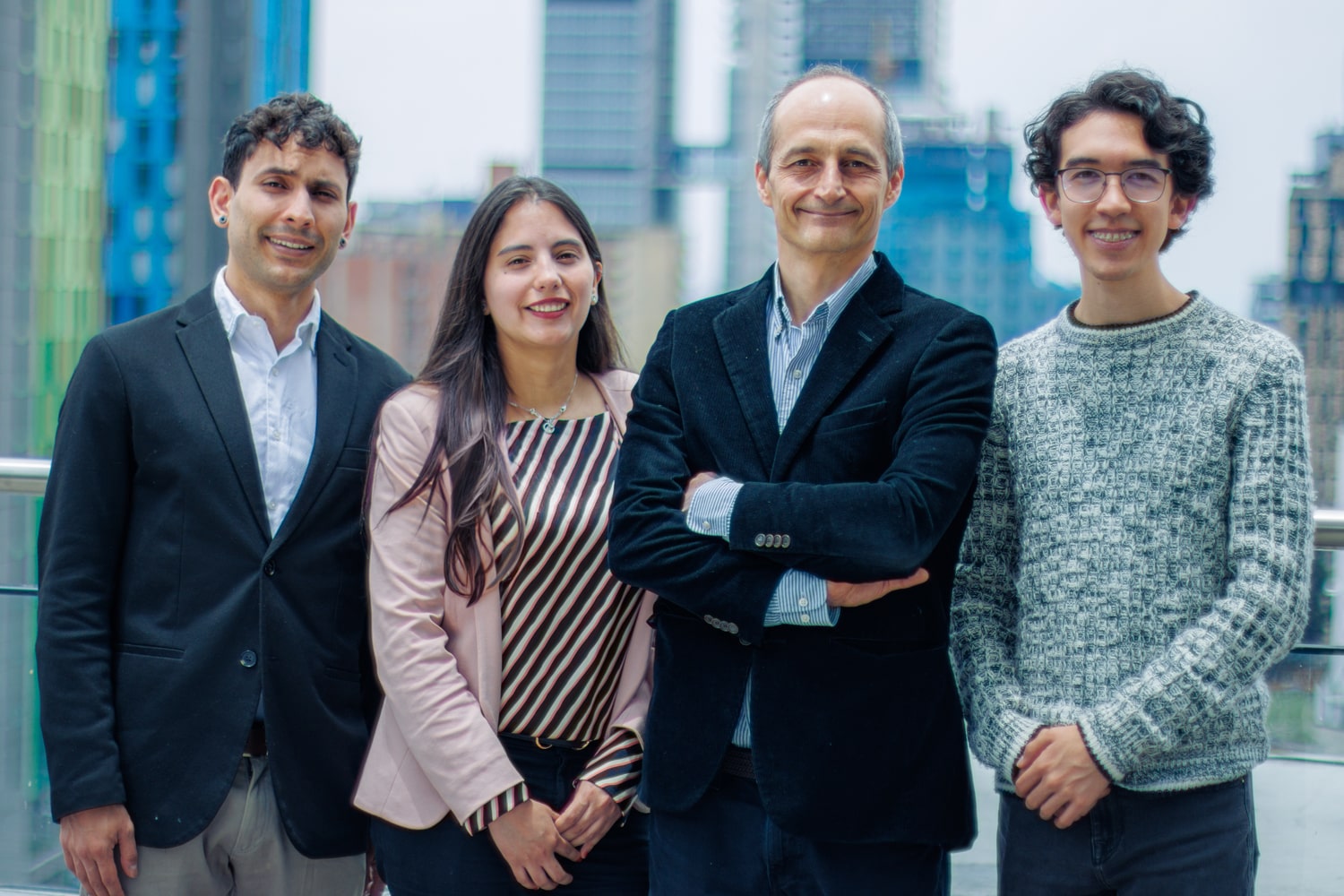ARTIFICIAL INTELLIGENCE
IGC Pharma is channeling Artificial Intelligence’s transformative power to mine the depths of decades-worth of Alzheimer’s research, bringing to light novel insights and pioneering advanced treatments faster than ever for a healthier elderliness.
What is AI?
Personalized Medicine
Alzheimer’s Disease (AD) is the predominant cause of dementia and the seventh leading cause of death in the United States 1.
The global impact of AD is devastating, with over 55 million people who have Alzheimer’s disease and related dementias by 2022, a number projected to grow to 78 million by 2030 and 139 million by 2050 if no cure is developed 2.
Traditional Approaches:


Our Personalized Medicine Solution:
At IGC Pharma, we believe a more personalized approach is key to unlocking breakthroughs in Alzheimer’s treatment. This is where Artificial Intelligence (AI) comes in.
Therefore, by better understanding each patient’s needs and tailoring treatments to their specific needs, using AI to analyze individual genetic markers to identify the most effective treatment options for example, we can vastly improve the quality of life and clinical outcomes for the entire AD community.
This personalized medicine approach holds the promise of a future where Alzheimer’s treatments are tailored to each patient’s unique biology, leading to a future of personalized medicine for Alzheimer’s disease.
- National Institute on Aging, “Alzheimer’s disease fact sheet”.
- L. B. Eisenmenger et al., “Vascular contributions to alzheimer’s disease,” Translational Research, vol. 254, pp. 41–53, Apr. 2023. doi:10.1016/j.trsl.2022.12.003
- B. Balch, “Making medicine personal: Moving away from a one-size-fits-all approach to health care,” AAMC.
Unlocking the Secrets of Alzheimer's through the Artificial Intelligence Revolution
Unlocking the secrets hidden within clinical trial data – that’s the power of AI in Alzheimer’s research at IGC Pharma. We’re leveraging this transformative technology to drive groundbreaking advancements across various stages of the disease.

Subtyping AD:
AI empowers us to analyze vast datasets and identify patient factors significantly impacting clinical outcomes. By unveiling hidden patterns and trends invisible to traditional methods, we can stratify patients based on their differential responses to medication. This allows us to identify subtypes of Alzheimer’s disease that require modified treatments, paving the way for a future of personalized medicine.
Predictive Models for Better Patient Care:
Beyond identifying patient subgroups, AI is instrumental in creating models that assess disease progression for each individual. These models track symptoms and vital signs, allowing us to predict possible adverse events beforehand. With this proactive approach, we can ensure better patient care and improved quality of life.
Democratizing Early Detection:
Early detection is crucial in managing Alzheimer’s disease. We are developing multimodal artificial intelligence models trained on vast amounts of data. The key here is that these models don’t necessarily rely on expensive imaging techniques. This focus on broader accessibility ensures our models can impact a wider population, especially in low-income regions where access to traditional diagnostic tools may be limited.
AI for Preventive Strategies:
The fight against Alzheimer’s doesn’t stop at treatment. Our AI models go beyond medical factors to explore socioeconomic elements that may significantly influence the risk of developing AD. By addressing these social disparities, we strive to develop preventive strategies that can potentially lower the risk of Alzheimer’s disease for a broader population.
A Future Free From Alzheimer's
By harnessing the power of AI across various stages of Alzheimer’s research, IGC Pharma is committed to developing personalized treatments, improving patient care, and ultimately finding a cure for this devastating disease. We believe AI is the key to unlocking a future free from Alzheimer’s.
Harnessing the Power of Artificial Intelligence for Drug Discovery
As a company interested in the prevention and early detection of Alzheimer’s disease, we are also interested in working on conditions correlated with the risk of developing dementia such as obesity and diabetes. Higher blood glucose in the brain increases the risk of developing AD by exacerbating neuroinflammation and neuronal injury caused by common disease hallmarks such as fibrillar Aβ421. Hyperglycemia is known to dysregulate the immune system function through glycation and oxidation of the macrophage migration inhibitory factor (MIF), inhibiting the brain’s ability to stimulate glial cells2. Additionally, the brain of an AD patient is affected by insulin resistance, which has been related to the disruption of neuronal signaling and memory processes2.

Moreover, since AD and type 2 diabetes (T2DM) share a common pathogenesis, research has focused on using antidiabetic drugs to reduce the progression of the disease. In particular, the glucagon-like peptide 1 receptor (GLP-1R) agonists have shown reductions in neuroinflammation and oxidative stress, neurotrophic effects, decreasing Aβ deposition and tau hyperphosphorylation in AD models, making them potential drugs for the treatment of AD and obesity3.
Exploiting the power of deep learning to identify potential drug candidates, we are using our own molecule library to identify GLP-1 and/or GIP agonists.
We have trained models on top of an open-source tool that predicts the probability of interaction between a small molecule and a protein. We modified it to predict the likelihood of a molecule being an agonist of GLP-1 and/or GIP. Our preliminary results show that our molecules 1A, 1B, and 1C are promising candidates. We’re continuing to assess their feasibility through molecular docking.
Our models’ probabilities for our molecules and approved medications are as follows:
[1] Stanciu GD, Bild V, Ababei DC, Rusu RN, Cobzaru A, Paduraru L, Bulea D. Link Between Diabetes and Alzheimer’s Disease due to the Shared Amyloid Aggregation and Deposition Involving both Neurodegenerative Changes and Neurovascular Damages. J Clin Med. 2020 Jun 3;9(6):1713. doi: 10.3390/jcm9061713. PMID: 32503113; PMCID: PMC7357086.
[2] Kassaar O, Pereira Morais M, Xu S, et al. Macrophage Migration Inhibitory Factor is subjected to glucose modification and oxidation in Alzheimer’s Disease [published correction appears in Sci Rep. 2017 Apr 05;7:45417. doi: 10.1038/srep45417]. Sci Rep. 2017;7:42874. Published 2017 Feb 23. doi:10.1038/srep42874
[3] Złotek M, Kurowska A, Herbet M, Piątkowska-Chmiel I. GLP-1 Analogs, SGLT-2, and DPP-4 Inhibitors: A Triad of Hope for Alzheimer’s Disease Therapy. Biomedicines. 2023;11(11):3035. Published 2023 Nov 12. doi:10.3390/biomedicines11113035
Scientific Advisor
We are working with Professor Pablo Arbelaez, PhD, the director of the Center for Research and Formation in Artificial Intelligence (CinfonIA) at Universidad de los Andes, Colombia.
CinfonIA is the first academic center for the study of artificial intelligence in Latin America, and it’s based on academic excellence, ethical principles, and responsible research to fulfill its mission of transforming the world with Artificial Intelligence for the benefit of Humanity.
Professor Pablo Arbelaez graduated with honors from the Ph.D. program in Applied Mathematics at the University of Paris-Dauphine. Between 2007 and 2014, he was a researcher in the Computer Vision Group at the University of California, Berkeley. Since 2014, Pablo Arbeláez has been a faculty member in the Department of Biomedical Engineering at Los Andes University and, since 2020, CinfonIA’s director. In 2020, he was ranked as one of the top 100 researchers in AI due to his impact on the field over the last decade, by the Tsinghua AMiner Academic Data algorithm.
Our Team


Paola Ruiz, MS
AI Manager
Paola leads the AI team. Her expertise is on AI algorithms and applications within the medical field. She works closely with and is a student of Professor Arbelaez. She is ultimately responsible for training, testing, and deploying the AI models.

Nestor González, BE
AI Engineer
Computer science engineer, with experience applying AI to the medical field. He has experience developing AI models for medical imaging and physiological signals analysis.

Daniel Crovo, MS
AI Engineer
Electrical Engineer with experience in developing deep learning models for medical image and physiological signals analysis. He is committed to applying AI in the medical field research, particularly with aging.

Beatriz Grimaldi, BE
Developer
Systems engineer, with a passion for AI and its application in medicine. She specializes in creating personalized software applications to streamline and enhance the process of gathering data, with a keen focus on ensuring robust information security.
A Multidisciplinary Effort

Ram
Mukunda
CEO, Director
Mathematician & Electrical / Biomedical Engineer. Performs research and leads teams within the pharmaceutical and technology industries. His desire is to develop low-cost medications for AD, as well as finding early markers.

Evelyn
Gutiérrez, ChemE
Scientific Manager
Chemical Engineer, currently pursuing a MSc in clinical Epidemiology. She is experienced in Clinical Research focused on AD and is leading our multisite, placebo-controlled Phase 2 clinical trial on agitation due to dementia in AD. She brings trial research and data to our AI models.

Dr. Juanita Arbeláez, MD, MPH
Medical Director
As a Medical Doctor with a master’s in Epidemiology and currently pursuing a master’s in bioethics, she brings her knowledge in neurology, particularly in neurodegenerative diseases, to our AI initiatives.

Margarita
Venegas, MS
Clinical Psychologist
Clinical and health psychologist with a comprehensive understanding of clinical assessment, and quantitative and qualitative research. She brings her understanding of clinical trial measure outcomes using various neuropsychiatric scales to our AI work.







